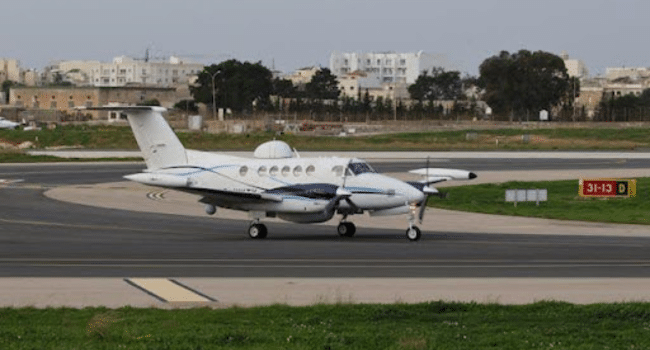Table of Contents
Having an airline business is a multifaceted but fulfilling venture. The airline business is competitive, and operating an airline demands acumen in operations, regulations, and customer care. Success does not come overnight, but with the proper strategies and a comprehensive business plan, it’s achievable to establish a profitable and sustainable airline. This article gives valuable insights into the important points of being the owner of an airline firm and how one needs to succeed in such a dynamic field.
1. Comprehension of the Regulating Environment
Aviation is one of the world’s most highly regulated industries. It is critical to be familiar with rules and regulations mandated by bodies such as the Federal Aviation Administration (FAA) and the International Air Transport Association (IATA). These regulations cover everything from safety standards and pilot certifications to aircraft maintenance and airspace management. Failure to comply with these regulations can result in fines, delays, and even the suspension of operating licenses. Before launching an airline, it’s important to establish a relationship with these regulatory bodies and stay updated on any changes in the laws that might affect operations.
2. Building a Fleet That Meets Your Needs
When beginning an airline, the first choice you will make is selecting the correct fleet. How big and what kind of planes you buy will be based on your target market and routes. A regional airline, for example, will need smaller planes, whereas a long-haul airline will need bigger, more fuel-efficient aircraft. It is a good idea to invest in aircraft that are cost-effective, reliable, and easy to maintain. Regular maintenance inspections and safety precautions are necessary to keep your fleet running. Certain types of aircraft also provide improved resale value, which can be a factor if the business model involves upgrading the fleet over time.
3. Emphasis on Customer Experience
Customer satisfaction is the key to establishing a loyal customer base. Airlines that provide an enhanced flying experience tend to have improved retention and increased sales. All from the reservation process to in-flight amenities must be made with comfort and ease of use. Whether in the form of competitive fares, good food and beverage selections, or entertainment, the passenger experience accounts for much of the airline’s reputation. Further, great customer service can differentiate an airline in a competitive marketplace. Maintaining clean and well-maintained aircraft is also important, and investing in the right aircraft cleaning supplies is essential for ensuring the aircraft remains comfortable for passengers and safe for travel.
4. Effective Financial Management
Financial management is crucial to the success of an airline company. The costs of operating an airline can be significant, including expenses for fuel, maintenance, aircraft leasing or purchase, and employee salaries. A detailed financial plan considering both variable and fixed expenditures is important. The process of evaluating revenue sources regularly and watching for operational expenditures will make cost savings easier to determine. Getting access to steady finance or investors is also vital since it’s hard to acquire funds to pay for the substantial initial capital expenses of purchasing airplanes. A solid fiscal foundation will allow for the sustained development and growth of the airline.
5. Applying Technology for Efficiency
Technology plays a vital role in enhancing efficiency in today’s speedy world. Airline companies can utilize complex software for ticketing, scheduling, and booking reservations. Technology also can simplify flight operations, including air traffic management, and enhance fuel efficiency. With the advent of data analytics, airlines can derive meaningful insights into customer behavior, which can be utilized to customize services and offers. The introduction of self-service check-in kiosks and mobile boarding passes can enhance customer experience while lowering costs. By adopting technology, airlines can remain competitive and enhance passenger and operational efficiency.
6. Having a Robust Marketing Strategy
Marketing is critical for an airline company to acquire and retain customers. A robust brand, digital presence, and marketing initiatives are all components of a good strategy. It is important to develop a convenient website and cell phone application to book and get updates on flights. Social websites can also be employed to deal with customers as well as offer discounts. Developing loyalty schemes like frequent flyer mileage that can assist in repeat visits is also positive. Collaborating with other businesses related to the hospitality and travel sector can increase visibility for brands. A good marketing campaign will propel awareness and instill trust, both crucial to the success of an airline.
Conclusion
Operating an airline business involves thorough planning, attention to detail, and knowledge of the business. Through regulatory compliance, a strong fleet, customer experience emphasis, financial prudence, use of technology, and effective marketing strategies, an airline will succeed in a competitive market. Although the path may not be easy, through the right strategy, owning an airline is a recipe for long-term success and expansion.
